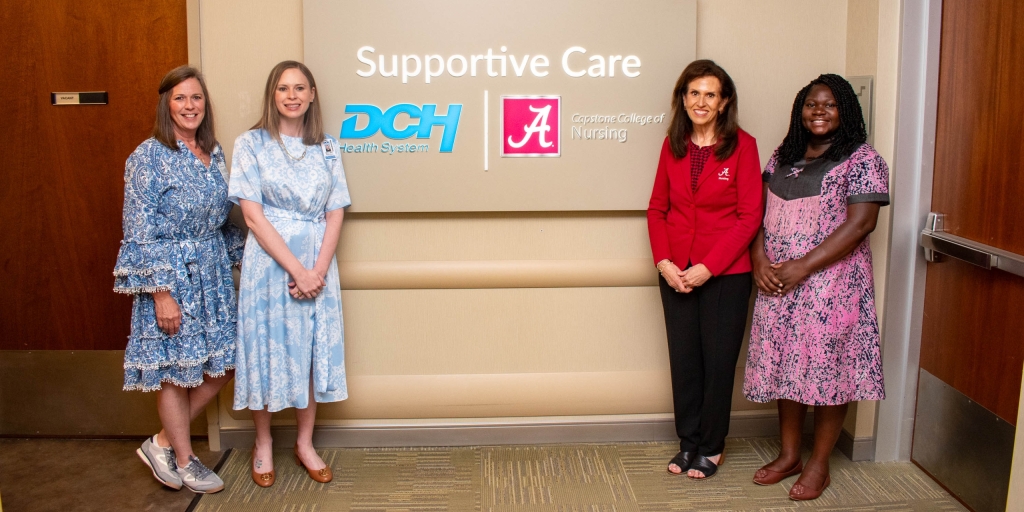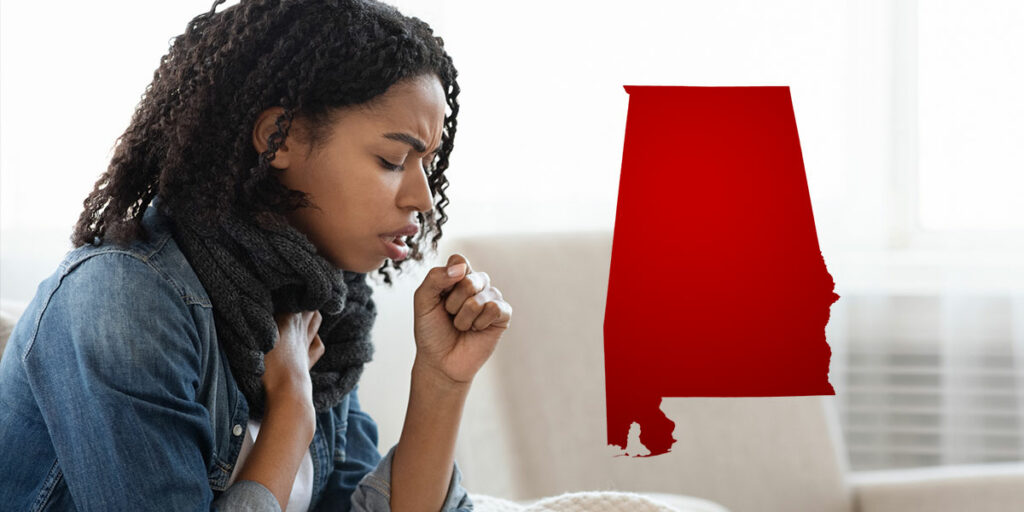Governor Kay Ivey on Monday announced that she has awarded $30 million of federal Coronavirus Aid, Relief, and Economic Security Act (CARES Act) money to support two important COVID-19 testing and safety development programs.
The programs, Testing for Alabama and Stay Safe Together, will be implemented by a coalition led by the Alabama Department of Public Health (ADPH) and the University of Alabama at Birmingham (UAB).
The funding is part of the approximately $1.9 billion of federal CARES Act funding the State of Alabama received to respond to and mitigate the ongoing coronavirus pandemic. Alabama Act 2020-199 designated up to $250 million of that total to be used to support the delivery of health care and related services to citizens of Alabama.
In a statement, Ivey said, “The agreement between the state of Alabama, the Alabama Department of Public Health and UAB is exactly the type of public-private partnership that is needed to adequately respond to the COVID-19 crisis.”
“We will only be able to acquire critical, life-saving resources by working together,” she continued. “Living with the coronavirus is our ‘new normal,’ and I appreciate the combined efforts to ensure that as we get back to our daily routines, we can do so safely as well as helping our valued researchers gain new information to combat this disease.”
‘Will go a long way’
According to a release from UAB, more than $750,000 in CARES Act money will fund the Testing for Alabama initiative, enabling every Alabama student attending a public four-year or two-year college the opportunity to be tested prior to reentry to campus.
“The COVID-19 pandemic is going to continue at least into the fall and early winter, and the Alabama Department of Public Health wants to ensure we are doing everything we can to give our state the best opportunity to navigate the crisis as safely and effectively as possible,” commented Dr. Scott Harris, state health officer and co-chair of Testing for Alabama. “This free testing opportunity for all public college students will enable our state universities to have their finger on the pulse of what the prevalence of this infection is among their student body as they return and, over time, gives them the ability to monitor any change.”
UAB, in partnership with the University of Alabama System, will work with ADPH to lead a coalition of entities including the University of South Alabama, HudsonAlpha and Kailos Genetics to support this robust reentry testing initiative.
This will give all universities in the state a chance to set a baseline as students return, enabling institutions to better identify hotspots and potential COVID-19 problems on campuses via sentinel testing throughout the 2020-2021 school year. This testing of a percentage of a population can help identify trends and potential problem areas in virus spread and identify how much of the disease is circulating in the population.
Testing for Alabama will further allow for sentinel testing in certain underserved locations in the Yellowhammer State with identified health care disparities.
“Protocols for how testing will be administered are being developed,” explained Selwyn Vickers, M.D., dean of UAB’s School of Medicine and a member of Ivey’s coronavirus task force. “We anticipate the test will likely be either a swab in the nostril — though not the more invasive nasopharyngeal swab — or an oral saline gargle test that we currently have under development.”
Testing out-of-state students before they arrive on campuses is also a goal of the Testing for Alabama program.
“Our ability to test every student returning to campus will go a long way in helping us maintain a safe environment,” UAB President Ray L. Watts said in a statement. “We are excited that, through this partnership with Governor Ivey and the state of Alabama, we will have the ability to make testing available across our System and to public colleges and universities throughout the state. On behalf of UAB and the UA System, we thank Gov. Ivey for investing in this important program that will promote health across the state.”
The testing program, as well as Stay Safe Together, are merely the latest examples of innovation spearheaded by the UA System benefiting a wide swath of the state — and the nation.
RELATED: Trump admin consults UA System Chancellor Fess St. John on reopening America’s schools
Near the beginning of the pandemic, UA System Chancellor Finis “Fess” St. John announced the creation of a task force led by UAB Health System experts to develop plans for the System’s three campuses to be the safest universities in America when on-campus instruction resumes following the coronavirus outbreak. However, these plans were also made available upon their release by the System to every other two- and four-year college and university in Alabama.
Reacting to Monday’s announcement unveiling Testing for Alabama, St. John said in a statement, “We are pleased to provide this new testing service to all public colleges and universities across our state. We appreciate the opportunity to work with Governor Ivey and her team to bring this project forward and help Alabama’s citizens during this unprecedented time. I want to thank President Watts, Dr. Selwyn Vickers and the scores of scientists, physicians and innovators who have made this testing process possible.”
‘Stay Safe Together’
Stay Safe Together is another instance of the health care expertise housed at UAB having a positive impact far outside the UA System’s three campuses.
The platform will feature a COVID-19 notification app currently being developed by UAB. This aspect is anticipated to be ready in time for the fall semester and is backed by Google and Apple technology that can anonymously alert someone if they are at risk from being in proximity to someone who tested positive for the virus.
Additionally, Stay Safe Together includes a COVID-19 assessment tool that allows individuals to log and track their own coronavirus related health status and symptoms. This health check tool, similar to the platform launched by UAB in April, is already in use by on-campus personnel at the Birmingham university.
Tailored versions of the tool can also voluntarily be used by other public institutions of higher education in the state thanks to Monday’s announcement.
Both Testing for Alabama and Stay Safe Together could eventually be applied in public K-12 schools, as well as in private workplaces across the state. Additional funding would be necessary to expand beyond higher education applications.
Sean Ross is the editor of Yellowhammer News. You can follow him on Twitter @sean_yhn













